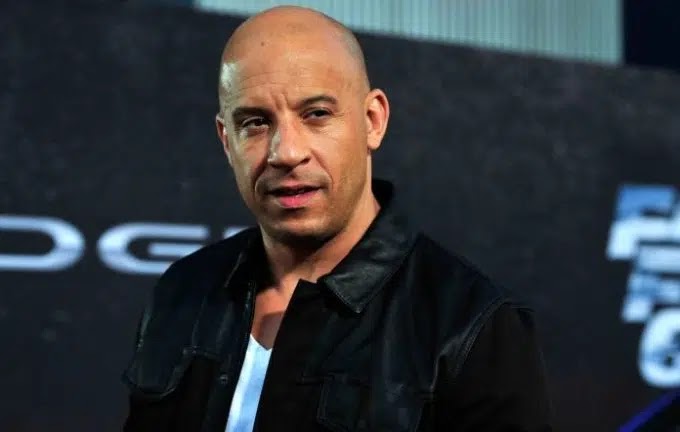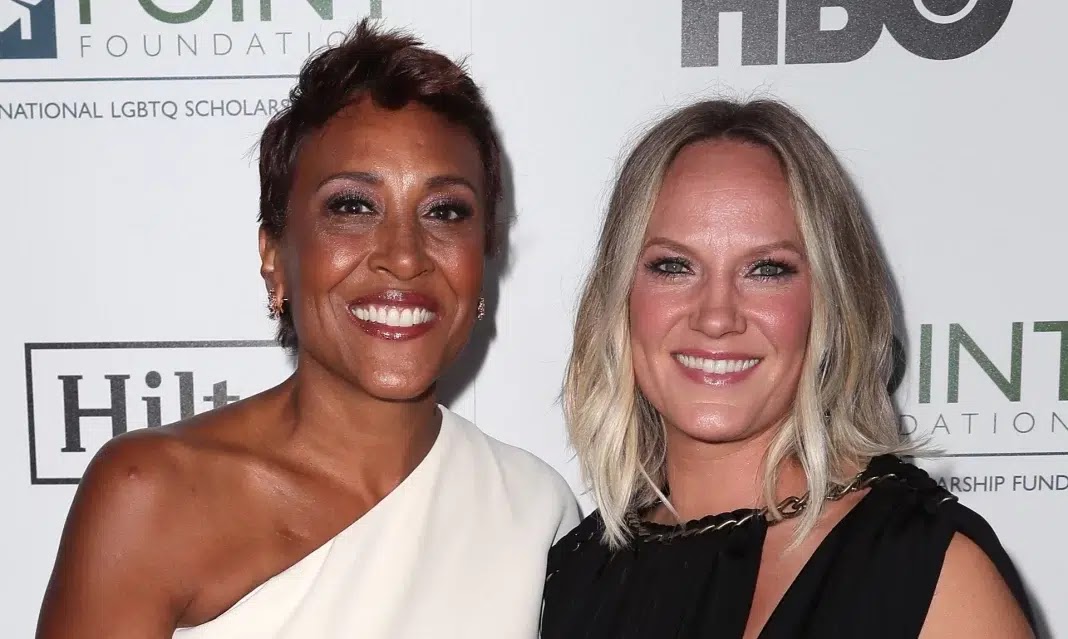The Evolution of Hip-Hop: From Street Corners to Global Domination
Hip-hop, a genre that began as an underground movement on the streets of New York City, has transformed into a global cultural phenomenon. Over the years, it has gone through significant evolution, influencing not just music but also fashion, language, and social dynamics.
The roots of hip-hop can be traced back to the Bronx in the 1970s, where young Black and Latino communities used it as a form of artistic expression and empowerment. At its core were the four pillars: rapping (MCing), DJing, breaking (breakdancing), and graffiti art. Hip-hop provided a platform for the marginalized to voice their experiences and struggles.
The late 1970s and early 1980s witnessed the birth of recorded hip-hop music. The Sugarhill Gang's "Rapper's Delight" is often considered the first hip-hop hit. Its success opened doors for other artists and allowed hip-hop to permeate the mainstream.
The "Golden Age" of hip-hop, spanning from the mid-1980s to the mid-1990s, was characterized by innovation and creativity. Artists like Run-DMC, Public Enemy, and N.W.A. brought socio-political commentary into their lyrics, addressing issues of race, inequality, and urban life.
In the 1990s, hip-hop's influence expanded globally. Artists such as Tupac Shakur and The Notorious B.I.G. took center stage, while the East Coast-West Coast rivalry dominated headlines. This era was marked by diversity in style, sound, and regional influences.
The 2000s saw the genre diversify further. The rise of Southern hip-hop, with artists like OutKast and Lil Wayne, broadened the genre's appeal. Simultaneously, "gangsta rap" lost its dominance, making room for new subgenres like "bling rap" and "conscious rap."
In the 2010s and beyond, hip-hop solidified its status as the world's leading music genre. Acts like Kendrick Lamar, Drake, and Cardi B blurred genre boundaries, mixing hip-hop with pop, R&B, and electronic music. Social media and streaming platforms gave independent artists unprecedented exposure.
Today, hip-hop is more than just a genre; it's a cultural force. It has shaped modern fashion, popularized slang, and ignited important conversations. Its evolution from humble beginnings to global prominence is a testament to its enduring power. While the genre has faced criticism for glorifying violence and misogyny, it remains a vital platform for marginalized voices to speak truth to power. Hip-hop's journey is far from over, and its influence continues to transcend boundaries, connecting people worldwide.
https://www.hypefresh.com/new-orleans-hip-hop-artist-speaks-the-rob-jay-dinero-interview/
ORLEANS HIP-HOP, ROB JAY DINERO, New Orleans rapper





Comments
Post a Comment